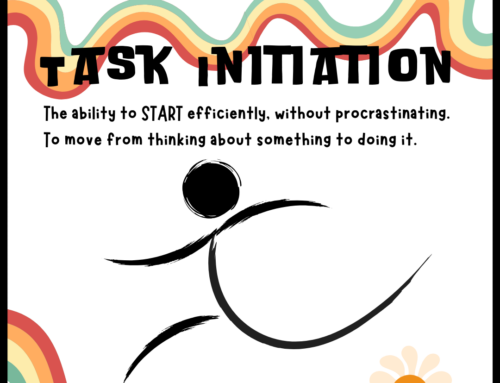“Say it, Mom,” she whisper-coached. “I am good enough.” My daughter pressed her hand into mine, her forehead to my temple.
“I am good enough,” I responded.
We turned our heads back to the pair in front of us, Pastor Joel Johnson and Pediatrician Timothy Johanson author of Gist: The Essence of Raising Life Ready Kids who discussed raising resilient children and whose message I carry in my heart and will pass along to you.
I know raising resilient children takes a lot of grit and grace. Seeing my children flourish is probably the greatest gift in my life, but it’s also one of the most challenging. I’m often left wondering the best ways I can help. I try so hard to compliment, assist, and support, but the message is sometimes skewed. I am at once amazed at my ability to give life-changing advice to other parents and children, but fail my own kids in the process.
Yes, I’m aware of the irony. I often feel like I’m playing a game of telephone with my own kids.
I’m learning to take this gracefully. After years of parenting, I can now see my blind spots. I’m driven by a love so intense, but the way I express it is sometimes not productive. I fight the intuition “to let go” because… how is that even possible? And yet, when it comes to helping my kids flourish, this love can turn into something counterproductive. My big emotions sometimes causes me to lose sight of the bigger picture.
What stirs those big emotions? When my kids suddenly have a pile of missing assignments in school, when they’re crabby and pick on each other, or if they don’t make a team or reach a goal they were hoping to make, I have a tendency to think, “How did we get here? This isn’t how it’s supposed to go.” And if I stay too long in the stuck place of “things are all wrong, I can use current disappointment to predict future scenarios. I get stuck in the weeds of the details.
So, what happens when I lose sight of the big picture? I begin to think linearly. I know from my experience in education that this kind of thinking is often restrictive. Learning is a process that happens in fits and starts rather than in a smooth, straight line.
I think it works the same way in parenting. Linear thinking causes parents to overfocus on the outcome of the child, lining up each step along the way like an equation for perfect outcomes. If I do this, this, this, and this, my child will turn out “OK.”
It is absolutely natural, normal, and understandable to try engineer our kids in this way. But what if we concentrate instead on helping them learn resilience, grit, and hard work? What if we focus on these traits, and let the end be a mystery?
Instead of lining up successes and ticking them off one by one, Dr. Tim Johanson suggests that we fall in LOVE with our children. This means embracing the process of watching them develop the characteristics that will lead to success on their terms rather than defining success for them. See your children in all of their unique gifts, challenges, and encourage them to embrace life’s challenges.
For more helpful insights visit the Parent Resources page. You can also download our Wheel of Life tool to start creating momentum today!







